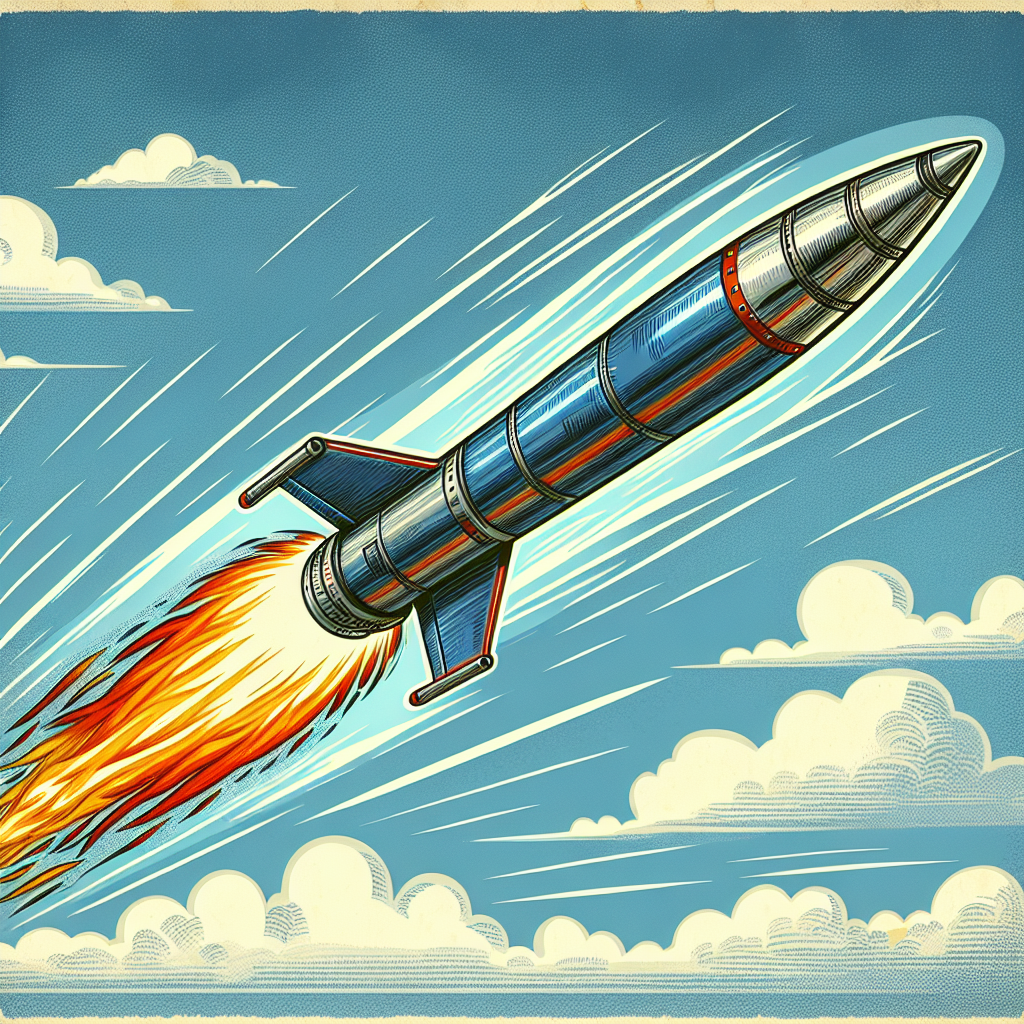Iran-Israel Tensions: The Balance of Power and the Role of the IRGC
A year after Hamas's attack and Israel's subsequent retaliation, tensions between Iran and Israel continue to rise. The evolving dynamics within Iran, especially with the IRGC's strategic shifts and internal political divisions, pose challenges and opportunities for regional stability and international diplomacy.

- Country:
- Serbia
The violent confrontation between Hamas and Israel, originating a year ago, has escalated concerns about a significant regional conflict involving global powers.
Central to Tehran's strategic approach is the Islamic Revolutionary Guard Corps (IRGC), which has focused on asymmetric warfare, amassing advanced missiles and drone stockpiles while supporting militias across the Middle East.
The death of General Qassem Soleimani was a blow to Iran's strategy, yet it has emboldened a newer generation within the IRGC, pushing for a more aggressive stance against Israel, potentially involving direct retaliation amidst internal political tensions.
(With inputs from agencies.)
- READ MORE ON:
- Iran
- Israel
- Hamas
- IRGC
- Soleimani
- Middle East
- conflict
- diplomacy
- missiles
- proxy warfare
ALSO READ
Rising Tensions in Syria Amid Middle East Conflict
Chaos in Syria: Thousands Displaced Amid Escalating Conflict
Turmoil Intensifies as Gaza Hospital Hit Amid Renewed Middle East Conflicts
Shifting Sands: The Impact of Syrian Conflict on Hezbollah and Iran
Diplomacy Calls: Navigating Global Conflicts with Innovative Approaches










